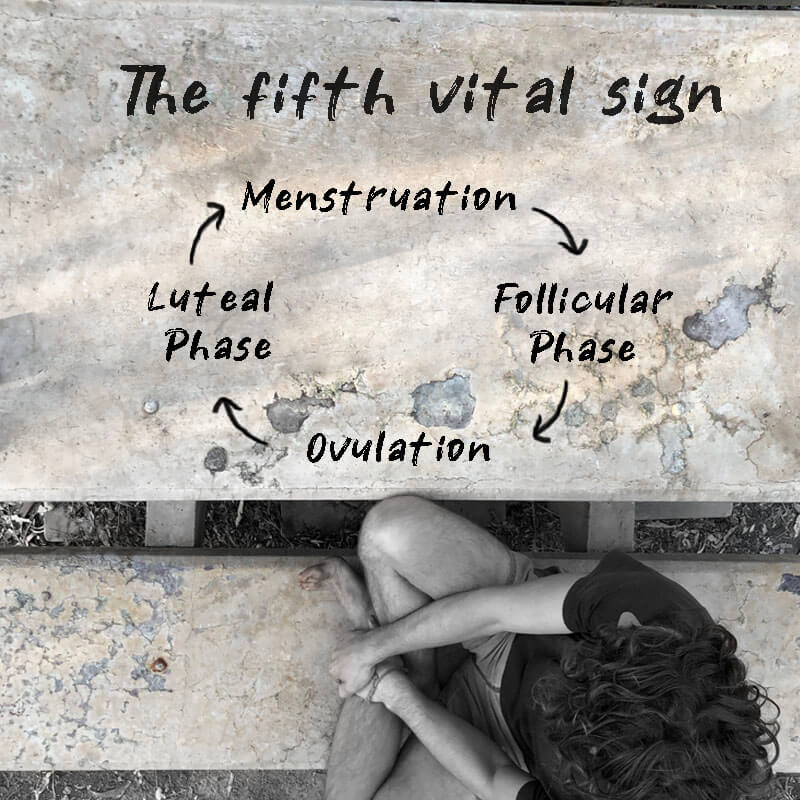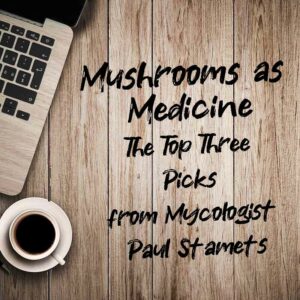
Hippocrates was a Greek physician who lived around 2,500 years ago and is widely regarded as the father of modern medicine. He is said to have been the first person to systematically study and document the symptoms and treatments of various diseases. His philosophy was based on the idea that the human body has the innate ability to heal itself and that it is the physician’s role to support and facilitate this process.
One of the most famous quotes attributed to Hippocrates is “Let food be thy medicine and medicine be thy food.” This statement reflects his belief that a healthy diet is crucial for preventing and treating disease. Another important quote attributed to Hippocrates is, “It is more important to know what sort of person has a disease than to know what sort of disease a person has.” This emphasises the importance of understanding the individual patient as a whole, rather than just focusing on their symptoms or disease.
“It is more important to know what sort of person has a disease than to know what sort of disease a person has.” | Hippocrates
In recent years, scientists have started to uncover the scientific basis for Hippocrates’ insights. Research has shown that the gut microbiome plays a crucial role in regulating immune function, metabolism, and even brain health. An imbalance in the gut microbiome, known as dysbiosis, has been linked to a variety of health problems, including inflammatory bowel disease, type 2 diabetes, obesity, and even depression and anxiety.
One of the key ways that the gut microbiome influences health is through the production of short-chain fatty acids (SCFAs). These are produced by certain types of gut bacteria when they digest dietary fibre. SCFAs have been shown to have anti-inflammatory effects, improve insulin sensitivity, and even promote satiety and weight loss.
Another important aspect of gut health is the integrity of the gut barrier. The lining of the gut is composed of a single layer of cells that act as a barrier between the gut contents and the bloodstream. This barrier is essential for preventing harmful substances from leaking into the bloodstream and causing inflammation and other health problems.
Several factors can disrupt the gut barrier, including chronic stress, certain medications like nonsteroidal anti-inflammatory drugs (NSAIDs) and antibiotics. When the gut barrier is compromised, harmful substances like bacteria and toxins can leak into the bloodstream, triggering inflammation and contributing to the development of various health problems.
Hippocrates’ statement that “all disease begins in the gut” was certainly ahead of its time. While it may not be entirely accurate to say that all disease starts in the gut, there is growing evidence to suggest that gut health is a critical factor in overall health and disease prevention. It seems to stand true that all chronic disease starts in the gut, with some professionals proclaiming this to be the case. By prioritising a healthy diet, reducing stress, and avoiding medications that can disrupt the gut barrier and microbiome, we can support our gut health and potentially reduce our risk of developing a wide range of health problems.

Nils Strohbeck
Connect
A Perfect Coup: Pharmaceutical Industry’s Hold on Healthcare
A dive into industry's extensive influence
Lead and the Fall of the Roman Empire: Welcome the ‘Aluminium Age’
How Aluminium is Affecting Our Health









